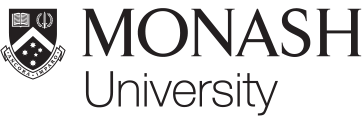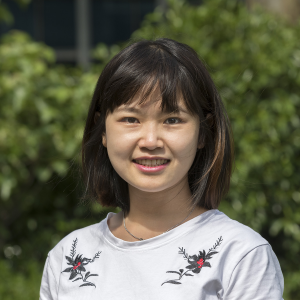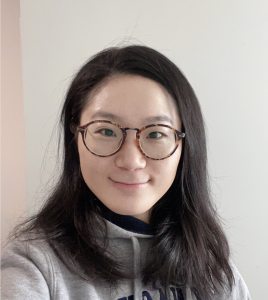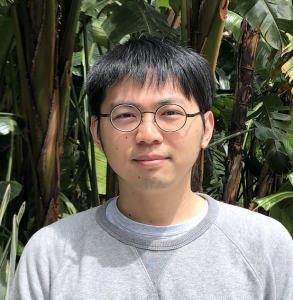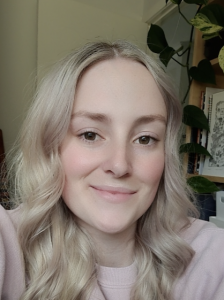Our group focuses on the role of lipids in human T-cell mediated immune responses. Lipid antigens are presented by MHC class I like proteins, denoted as CD1 molecules, on the surface of specialised antigen presenting cells, to receptors on T cells (TCRs). CD1 molecules are generally grouped into two groups: Group 1 (CD1a, CD1b, CD1c), and Group 2 (CD1d), based on sequence similarities, intracellular trafficking pathways, and antigen binding groove architecture. Group 2 CD1 molecules have been the most well characterised molecules in the context of lipid antigen presentation to invariant Natural Killer T cells, however little is known on the mechanisms of Group 1 CD1 molecules. Our group focuses on characterising the molecular mechanisms of Group 1 CD1 molecule lipid antigen presentation, and subsequent TCR recognition. Group 1 CD1 molecules have been found to play a role in bacterial infection, namely by Mycobacterium tuberculosis, and autoimmunity, such as in skin hypersensitivities, psoriasis, cellular stress, and cancer. Using biophysical techniques and structural biology, namely x-ray crystallography, we aim to a) elucidate the mechanisms of self- and foreign- lipid antigen presentation by CD1a, CD1b, and CD1c, b) characterise the molecular mechanisms of TCR recognition, and c) determine their roles in the context of bacterial and autoimmune diseases. Our focus will not only provide a deeper understanding of the role of lipid antigens in the context of human T-cell mediated immunity, but will provide a molecular basis for the development of novel therapeutics against targeted diseases.
Project Staff
- Thinh-Phat Cao (Postdoc)
- Jia Jia Lim (Postdoc)
- Abolfazl Mirzadeh (Postdoc)
- Yanqiong Chen (PhD student)
- Guan-Ru Liao (PhD student)
- Jade Kollmorgen (Honours)
